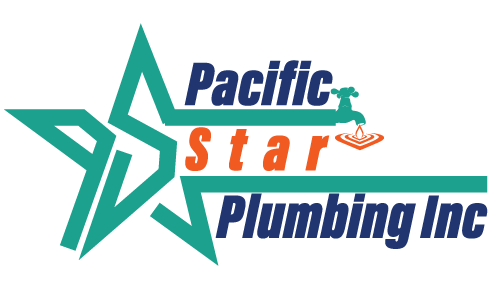Blog

What is a Slab Leak - Signs & Detection Guide
Picture this: It's a quiet evening at home in San Juan Capistrano. Suddenly, you notice dampness spreading into your living room carpet. Many homeowners are puzzled by hidden foundation water leaks, known as slab leaks.
Understanding what is a slab leak and detecting it early can prevent structural damage and costly repairs. Early action is crucial for home safety. If you want guidance on professional assistance, check out our services page.
Slab leaks often occur silently. They can undermine concrete, erode soil, and promote mold growth. Recognizing signs allows homeowners to take swift action. Learn more about our expertise on our home page.
Understanding Slab Leaks
A slab leak happens when a water pipe beneath a concrete foundation cracks or develops a hole, letting water escape into the soil. Pipes may be copper, PVC, or galvanized steel, which deteriorate over time.
So, what is a slab leak in practical terms? It’s a hidden drip or steady stream under your home, potentially causing serious damage if ignored.
Shifting soil, corrosion, high water pressure, or poor installation often trigger slab leaks. Knowing what is a slab leak helps homeowners act before minor issues escalate.
Common Signs of a Slab Leak
Sudden spike in water bills without any usage change may indicate a slab leak.
Hearing running water when all faucets are off can suggest a hidden leak.
Warm spots on floors often indicate hot water escaping beneath the slab.
Discoloration, stains, or warped baseboards are additional warning signs.
Visual Inspection Techniques
Look for discoloration or water rings on floors, walls, and ceilings. Check toilets, tubs, and sinks for dampness that may signal a slab leak.
Also inspect carpet edges, molding, and baseboards for soft spots. Even small puddles in crawl spaces may indicate slow leaks. These checks can help you determine if professional plumbing assistance is needed.
Monitoring Water Bills for Unexplained Increases
Track monthly water usage. Compare past bills to current ones, accounting for seasonal changes. Unexpected spikes often indicate a foundation water leak.
Shut off all water-using appliances and check the meter over an hour. Changes confirm a potential slab leak. Monitoring bills regularly helps detect leaks before visible damage occurs. For expert guidance, contact a professional.
Utilizing a Water Pressure Test
Measure system pressure over time. Connect a pressure gauge to an outdoor spigot and record initial readings. A drop often signals a hidden leak under the slab.
High pressure can accelerate pipe wear, while sudden drops usually indicate a slab leak. Repeating the test for isolated circuits narrows the search area efficiently.
Employing Leak Detection Devices
Acoustic listening tools detect water flowing beneath concrete, accurately locating leaks without excavation. Thermal imaging cameras reveal temperature variations on floors, identifying hot water leaks.
Tracer gas and ultrasonic detectors pinpoint slab leaks precisely, reducing invasive work. To schedule professional detection, contact our team for accurate diagnostics.
Investigating Hot Spots on the Floor
Hot or warm spots on tile or concrete often indicate a hot water leak under your slab. Infrared thermometers or thermal cameras map temperature differences efficiently.
Consistently warm zones aligned with plumbing schematics suggest a slab leak. Document these findings before calling a plumber. Acting early prevents costly damage and ensures home safety.
FAQs – Slab Leak Detection
What is the first sign of a slab leak?
Unexplained water pooling, high water bills, or warm spots on floors are common early signs.
Can a slab leak cause structural damage?
Yes, if left unchecked, it can weaken concrete, erode soil, and damage floors or walls.
Are DIY detection methods reliable?
They can help identify possible leaks, but professional tools and inspections are more accurate.
How often should slab leak inspections occur?
Periodic inspections, especially in older homes, help detect minor issues before major damage occurs.
Can slab leaks be repaired without breaking concrete?
Yes, options like epoxy pipe relining or targeted repairs minimize the need for extensive excavation.
Calling in Professional Help
Certified plumbers provide the most reliable diagnosis. They use electronic leak detection, pressure tests, and imaging to confirm what is a slab leak beneath your foundation.
Hiring experienced contractors ensures accurate assessment and targeted repairs. Professionals may recommend pipe rerouting, epoxy relining, or slab patching, depending on your home's layout.
Investing in expert help prevents future foundation water leak complications. Learn more about our expertise at our services page or visit our home page. Ready to schedule an inspection? Contact us today.

We Cover Areas
Aliso Viejo, CA
Irvine, CA
Laguna Hills, CA
San Clemente, CA
CONTACT uS
San Juan Capistrano, CA
Monday Through Friday, 8:00 a.m. to 5:00 p.m.
Cash, Venmo, Zelle and Credit & Debit Cards

@ 2025 - Pacific Star Plumbing INC| All Rights Reserved






